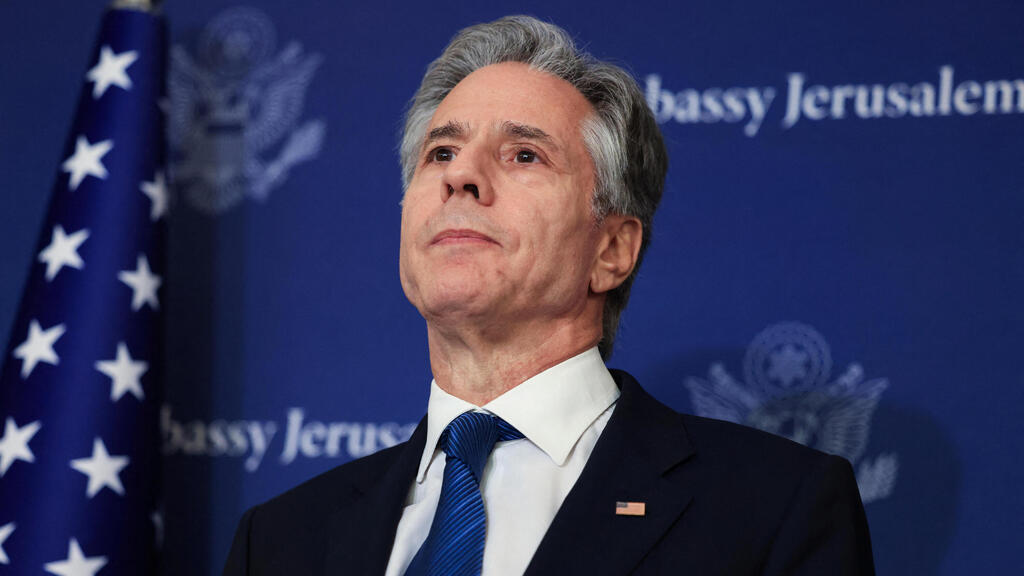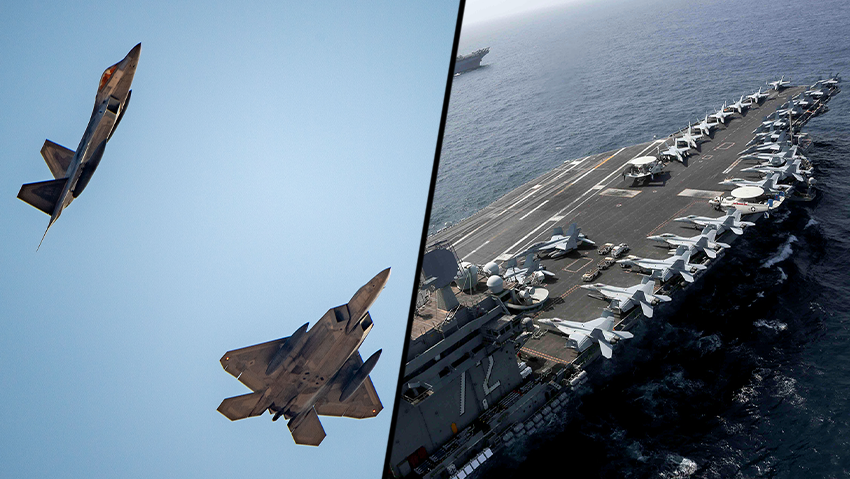Getting your Trinity Audio player ready...
The United States is here. Even when it makes mistakes—and it does at times—Israel cannot do without it. America is fully present to defend Israel. U.S. Secretary of State Antony Blinken emphasized yesterday the need for a hostage deal. For now, according to Blinken, Netanyahu accepted the American proposal. This is good news. But the ball is in Sinwar's court, and it's doubtful if any good news will come from there.
Meanwhile, the axis of evil—Iran and Hezbollah—is delaying its response to the assassinations in Beirut and Tehran. Is that wonderful? Absolutely not. The leaders of the nation that invented chess have made a move that does no favors for Israel. Israel took the right step by threatening retaliation—not just any response, but one supported by America.
So why would they strike now, especially with the U.S. having amassed unprecedented power in the region? They’re waiting it out because the Americans won’t stay here forever. The same goes for Hezbollah. The timing is unfortunate. The Shiite terrorist organization has led Lebanon to bankruptcy. That is the fate of any nation or community ruled by radical Islam. But the situation has worsened.
On one hand, Hezbollah showcased its missile tunnel system over the weekend, which likely cost hundreds of millions, if not billions, of dollars. On the other hand, Lebanon itself has run out of fuel for power stations. There’s no electricity; the country is in darkness. Iraq is demanding $700 million, and Lebanon’s central bank refuses to commit to money it doesn’t have, despite pressure from Prime Minister Najib Mikati.
A survey published just days ago showed that 88% of Lebanese oppose continued conflict with Israel. It’s safe to assume that an even larger percentage opposes the full-scale confrontation that Hezbollah threatens to drag Lebanon into. “Revenge is a dish best served cold,” wrote Rifaat Odeh in the Hezbollah-affiliated newspaper Al-Mayadeen, justifying the delay.
But there is no real delay. For over ten months now, drones, rockets, and missiles have been fired daily. Had Hezbollah launched all these weapons in one week instead of over ten months, it would have been considered the largest attack on Israel ever—far greater than the Iranian assault in mid-April. But they are subjecting us to a slow, agonizing trickle, and Israel shows restraint. Again and again. And now they do us a favor by joining Iran in delaying the response. Interestingly, many here fall for this deception.
This delay is a strategic move by the axis of evil. They will wait until the Americans leave. The axis has promised retaliation, and they will not forgo it—it's a matter of honor. But not while the Americans, with their formidable firepower, both defensive and offensive, including the rare reinforcement of F-22 jets, are here with their fingers on the trigger. Iran and Hezbollah likely believe they can deliver a significant blow to Israel—though not a fatal one—while also absorbing a counterstrike, provided Israel stands alone. They are patient.
The hostage deal is also part of the picture. The Americans want it finalized as soon as possible, believing that a ceasefire with Hamas is within reach and could prevent a regional war. This is an illusion. The chances of securing such an agreement are slim to none. It’s painful to write this, but Sinwar wants no deal. He sees the accumulating damage to Israel, the internal fractures, and the growing international hostility. He rubs his hands in glee. The destruction in Gaza is a price worth paying for the harm done to Israel. He doesn’t need to wait for a harsher response from his allies in the axis of evil.
From his perspective, the achievements are piling up. And that’s precisely why Netanyahu’s positive response to the mediator’s compromise, as reported by Blinken yesterday, is the right move to avoid losing American support. This is a support that has already proven invaluable. “Israel owes a great deal to General Michael Kurilla, the head of CENTCOM,” an American friend told me. He’s right. Without CENTCOM, the damage from the Iranian drone attack would have been far greater.
Still, the confrontation with the axis of evil is inevitable. Israel’s top priority should be to ensure that this clash occurs while the American force is still here, even if it's "just" for defense. Netanyahu's refusal of the mediator's deal would have played into the axis's hands. The concessions demanded of Israel, including significant ones regarding the Philadelphi Route and the Nitzanim Junction, are not easy. But they are necessary, even if they don’t lead to a deal. It’s better to bend to U.S. pressure on the hostage issue to ensure America stands by Israel in the showdown with the axis of evil.
The truth is that for too many years, Netanyahu’s strategic decisions have only complicated and weakened Israel. Let’s hope that now, with the major confrontation looming, the prime minister will make the right choices.





